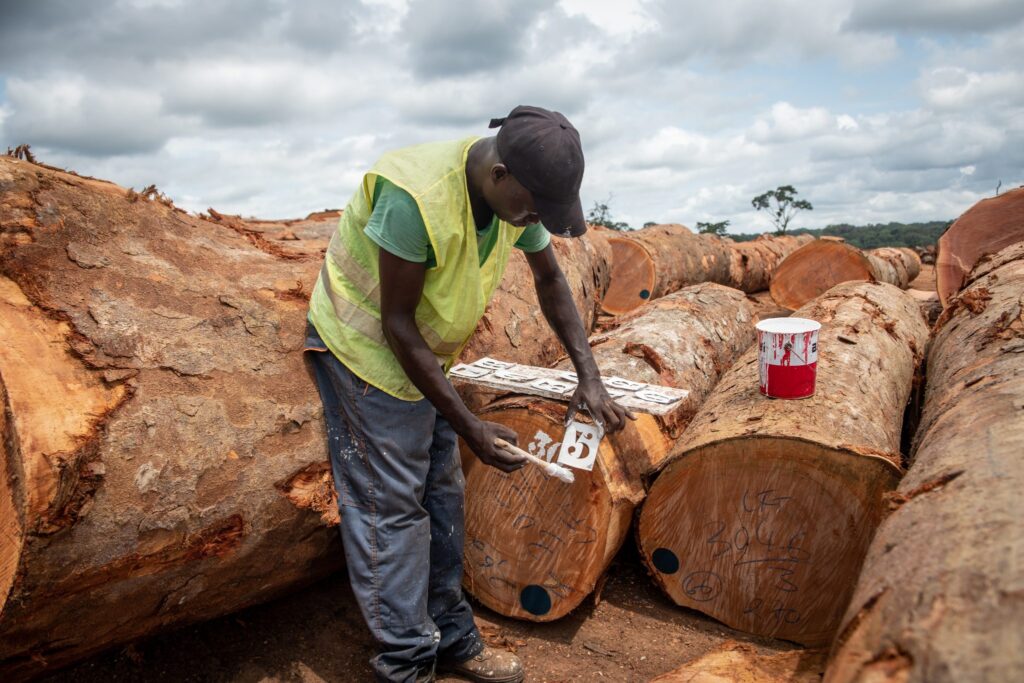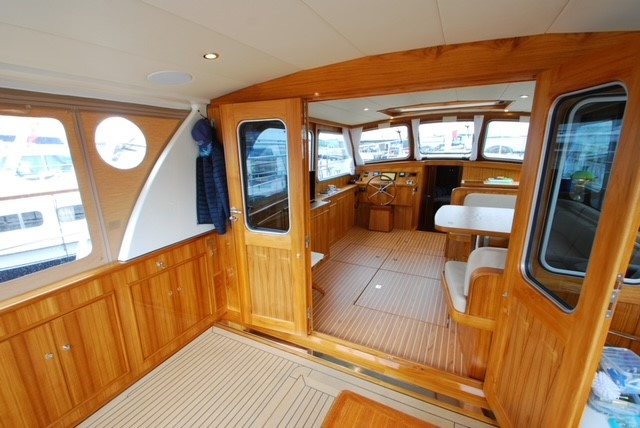
FSC urges boatbuilders to ‘pay more attention’ to timber origins
A new industry initiative launched by the FSC certification scheme – the Forest Stewardship Council – focuses on the impact of the yachting industry on the world’s forests.
The yachting sector uses large volumes of timber, which FSC says makes it crucial to ensure that the industry helps set standards for the origin of its timber. The council has launched a pact and a new platform, Yachting for Forests, to boost the initiative. This platform contains a list of specific, responsible industry suppliers.
Starting with the luxury yachts sector, FSC is now focusing on urging the industry to support better sustainability by providing inspiration, business cases and help for developing responsible procurement policies.
FSC is also encouraging the yachting industry to sign up to a pact that will help the sector to set clear sustainability goals for its purchasing and use of materials sourced from the world’s forests.

“Yachts are an extreme luxury product, but the industry is also an important sector in the innovation of new and greener solutions for the shipbuilding industry in general,” says Kristian Jørgensen, technical advisor at FSC Denmark.
“We often see innovation in the areas of engine technology, energy efficiency, synthetic fibres, and the direct impact of different materials on the marine environment. But the time has come to pay more attention to the timber that is used.
“This initiative encourages businesses to set targets which FSC, with its wide-ranging experience, supports by providing guidance and expert advice. Both in terms of the practical implementation of policies and incorporating sustainability on a wider scale than just certification.”
FSC says it hopes that the luxury yachts initiative will spread throughout the industry, including to the fleet of more than six million commercial ships and leisure craft found in European ports.
Large volumes of timber are often used in the building of a yacht. Timber is often found in masts, booms and luxurious yacht decking, but also in the structure itself, the yacht’s interiors, in floors and as fine detail on rudders.
If the origin of the wood is known – and it is sustainable – the choice of timber as a material is both a responsible and climate-friendly solution. But if the origin of the timber is not known, there is a risk that the timber value chain has had a negative impact on the forests and on the people that live in them and make their living there.

“We cannot talk about this industry without talking about the sector’s historical dependence on teak from Myanmar,” adds Jørgensen.
“Yacht decking has shown itself to be the Achilles’ heel of the industry. The use of natural teak is not just justified by the luxurious look of the timber, but by the extreme technical quality of the wood.”
Timber regulations in the EU and the United States prohibit the import of natural teak from Myanmar.
All FSC-certified businesses offering materials or services to yacht building are invited to participate with a supplier’s profile on the initiative’s website.
The post FSC urges boatbuilders to ‘pay more attention’ to timber origins appeared first on Marine Industry News.
